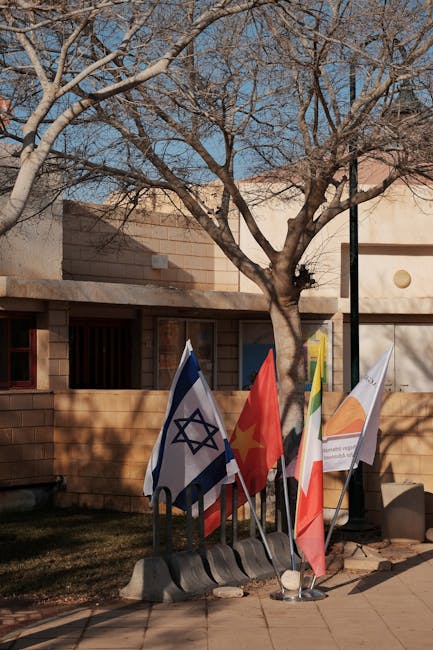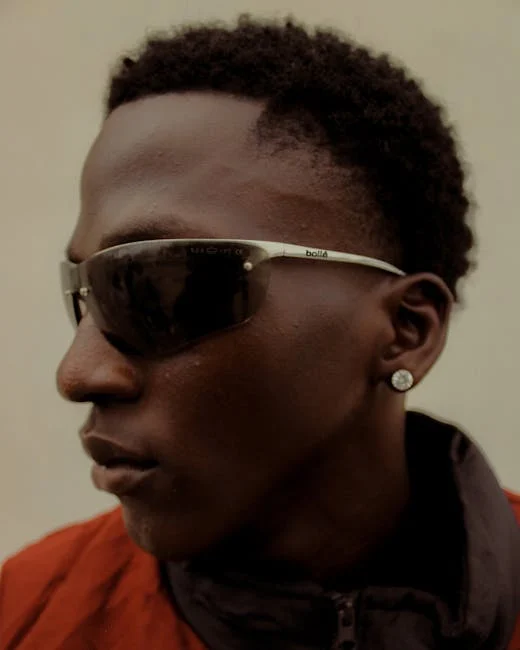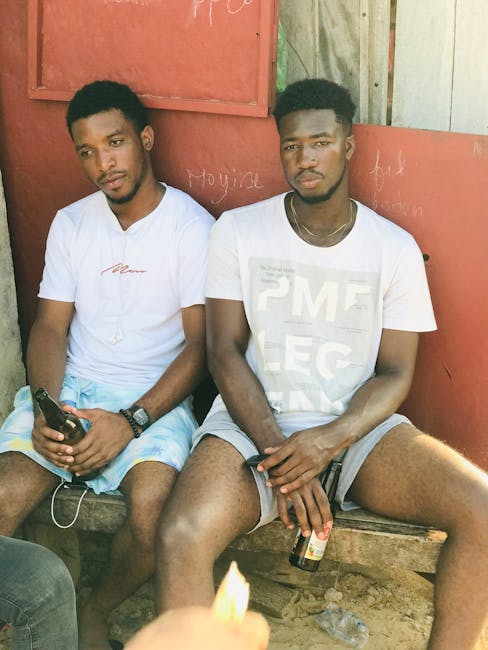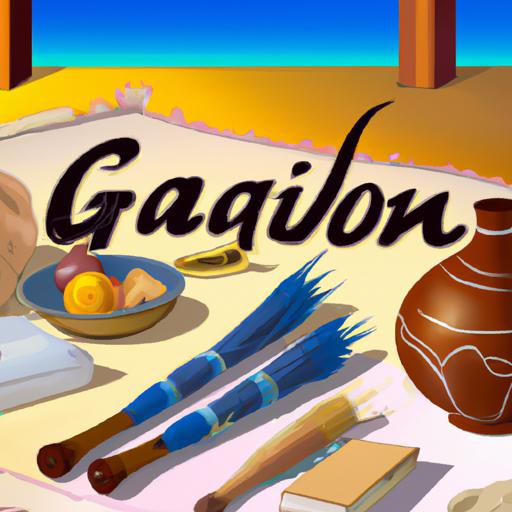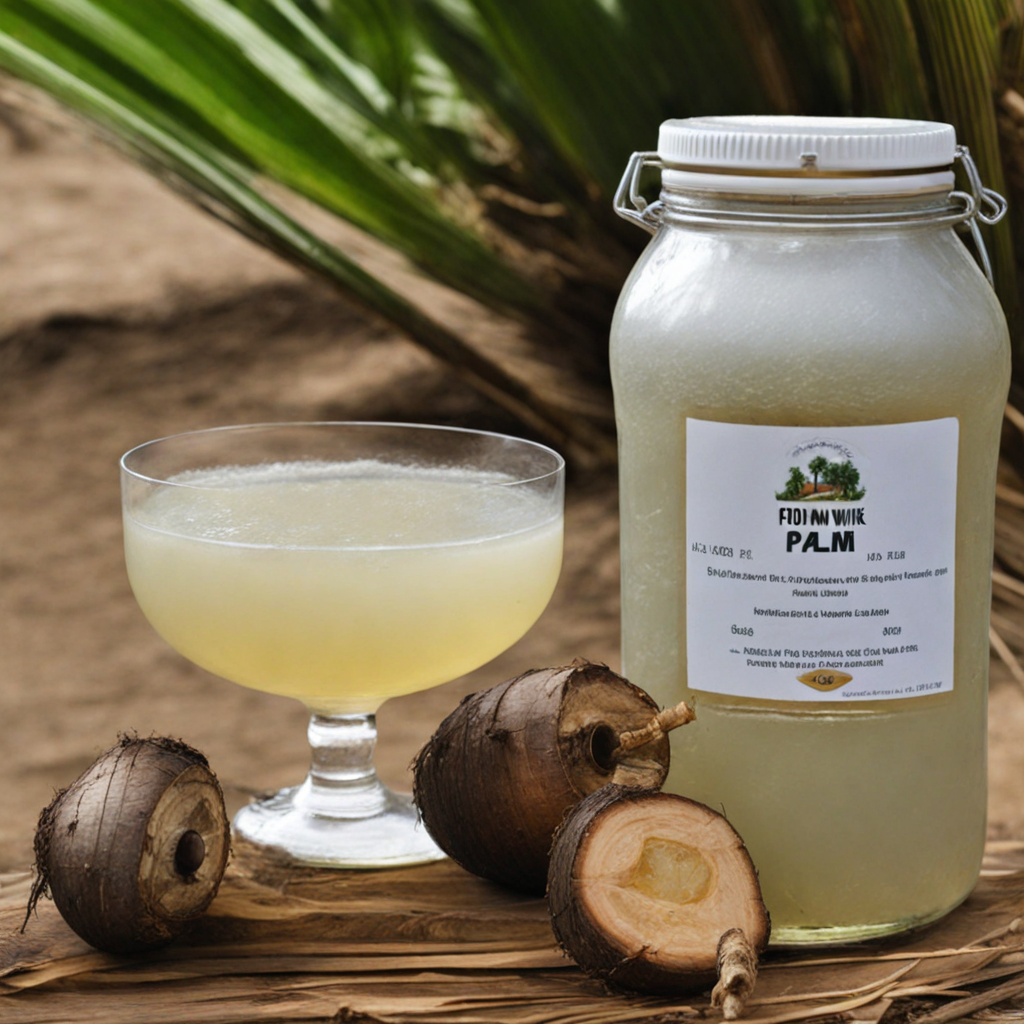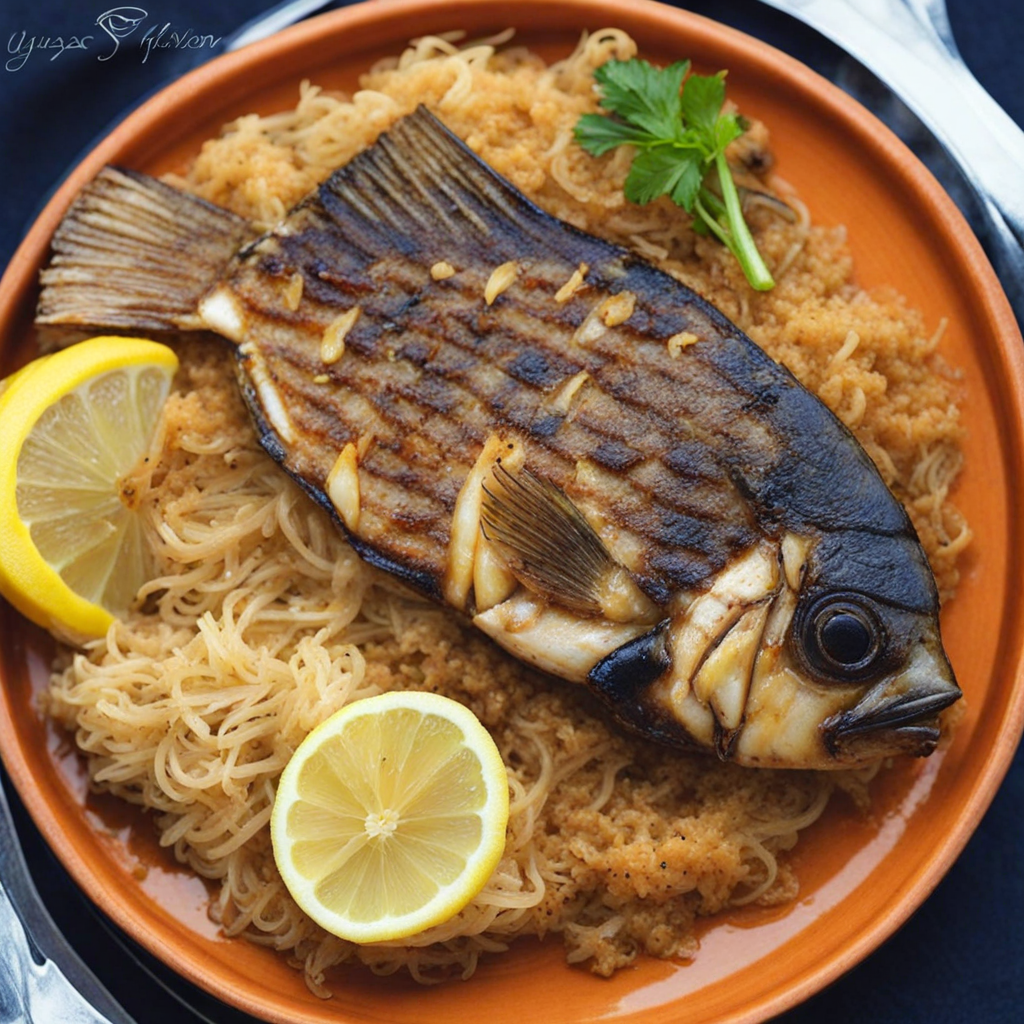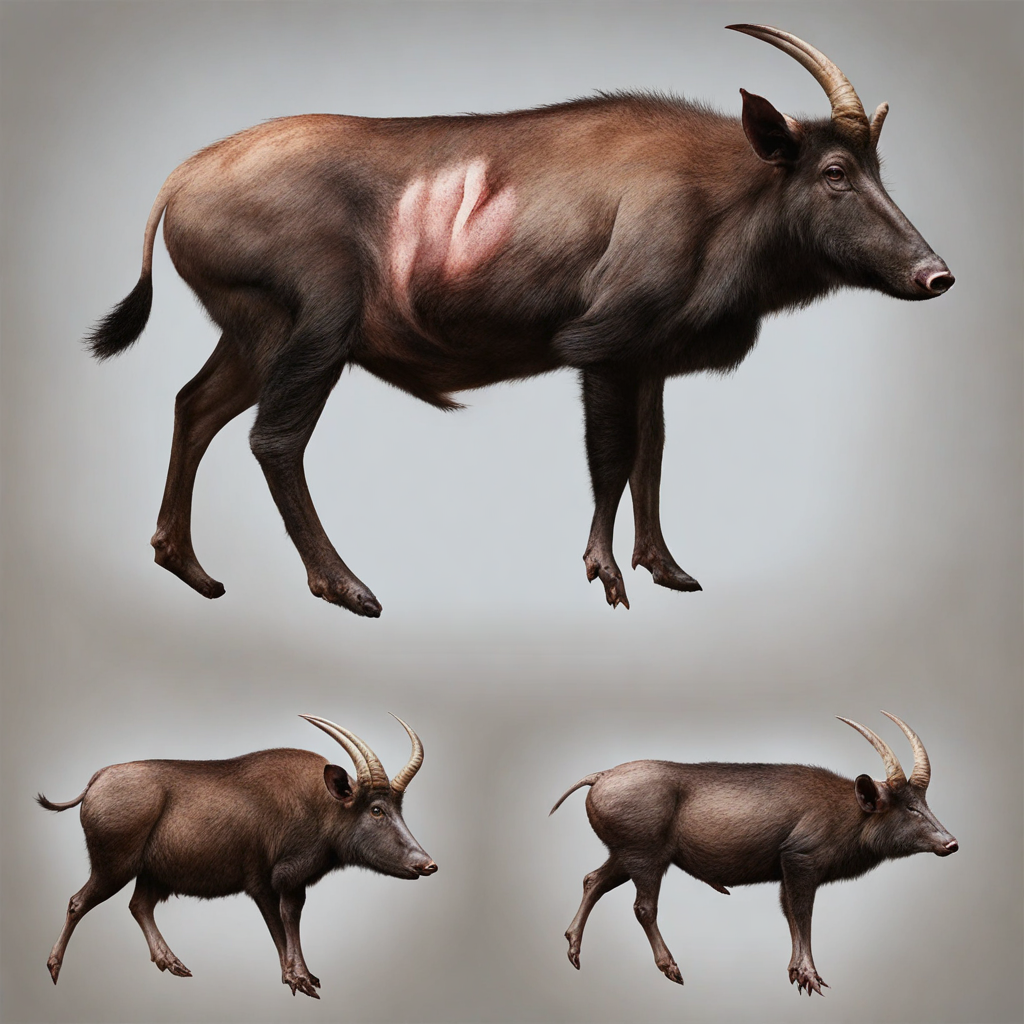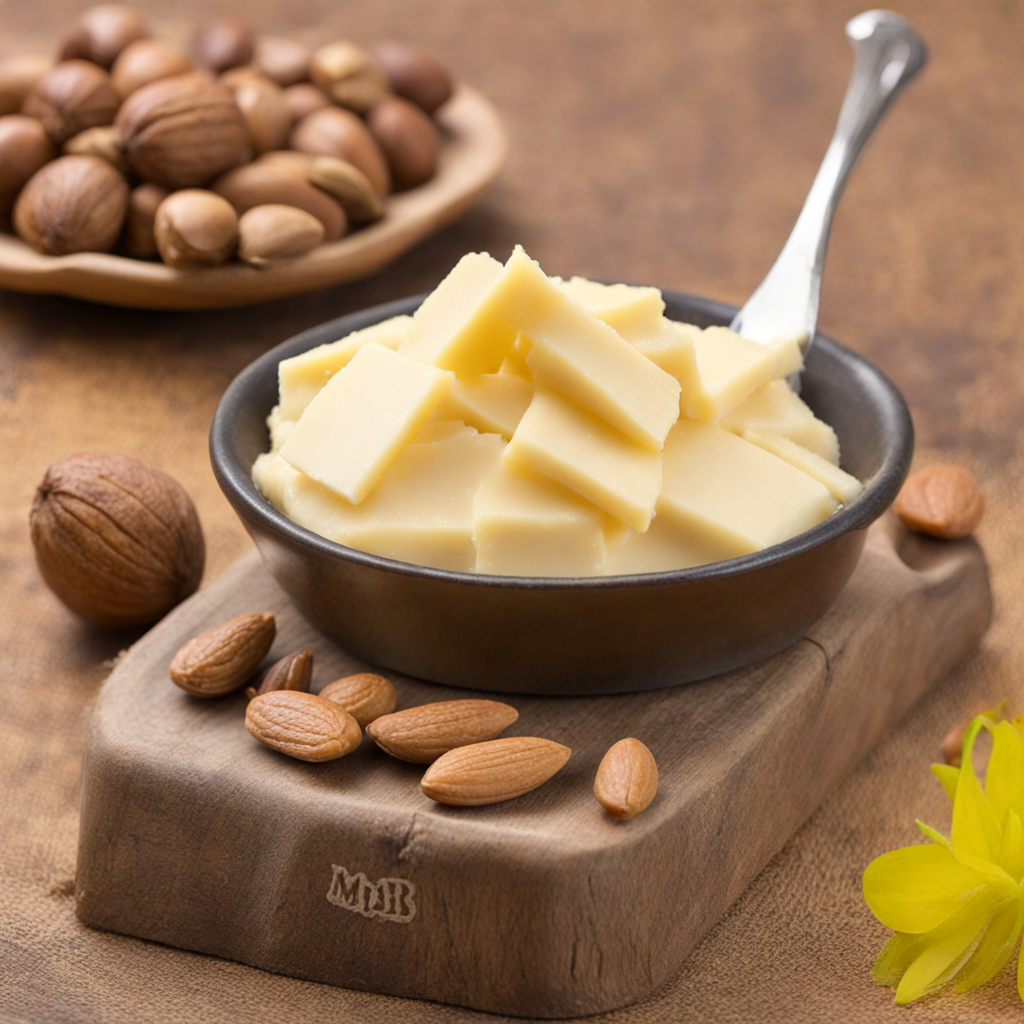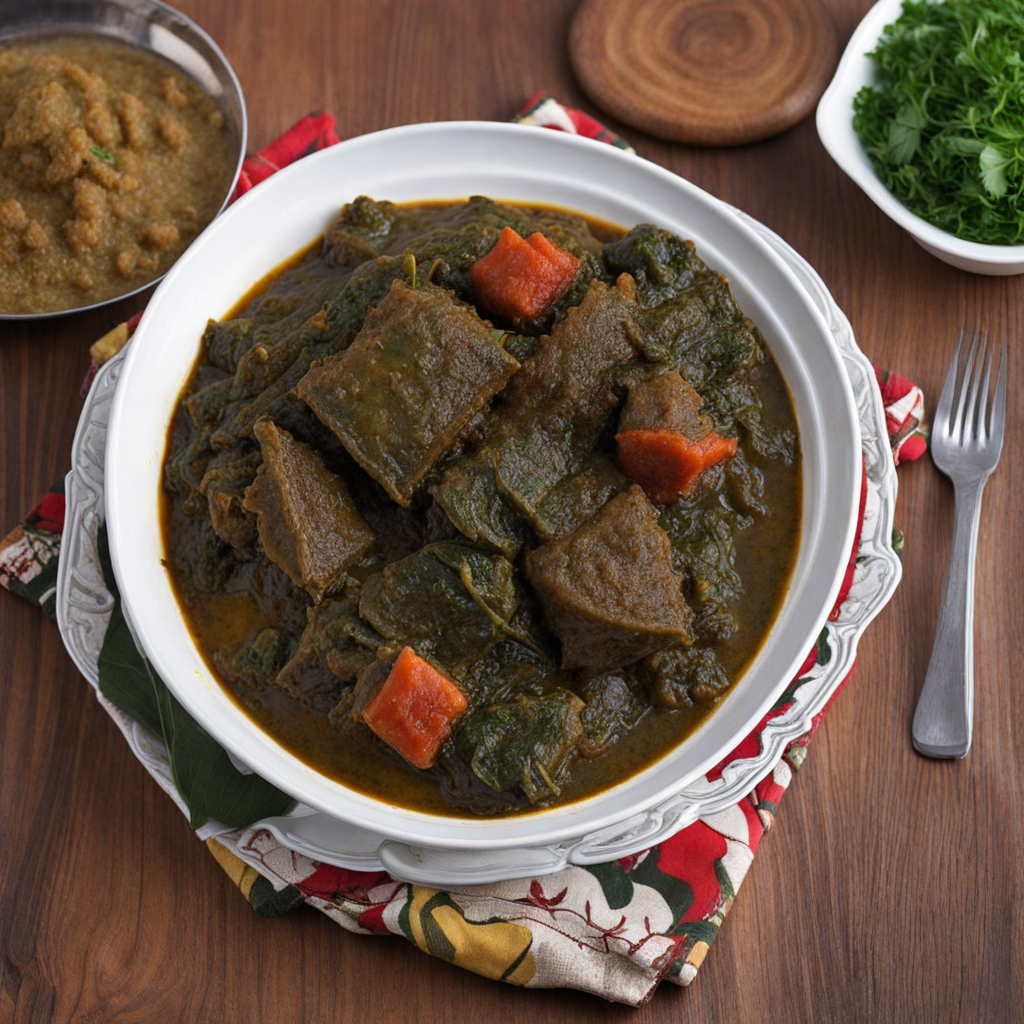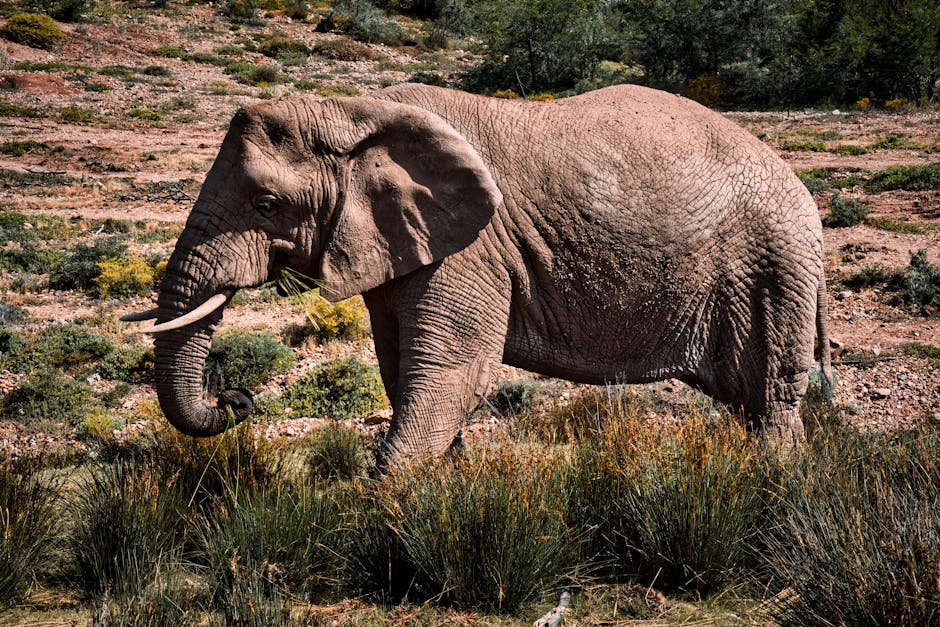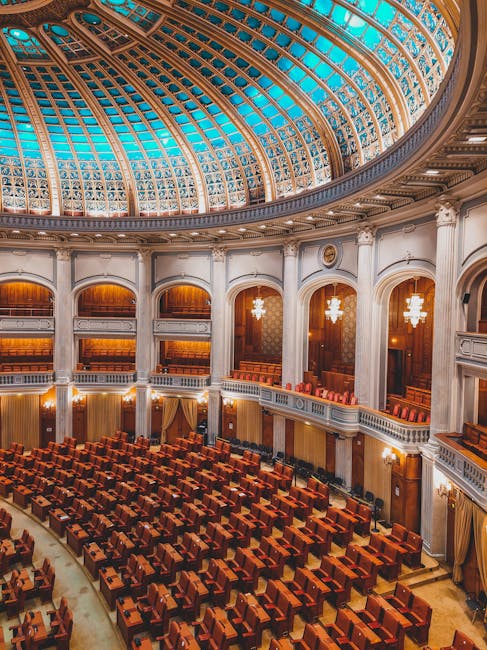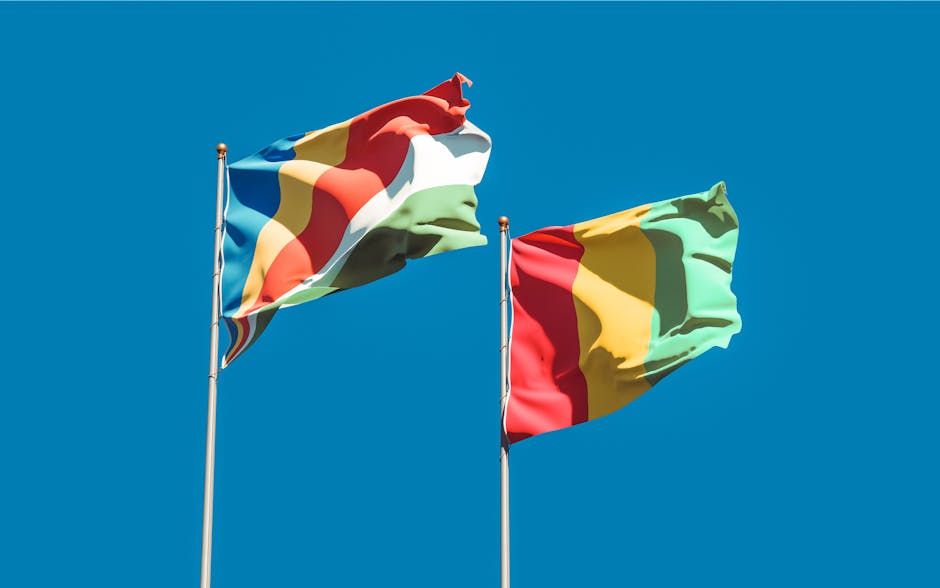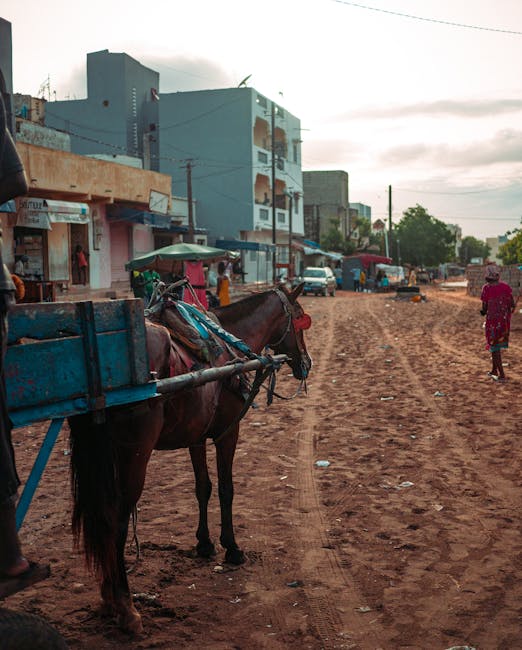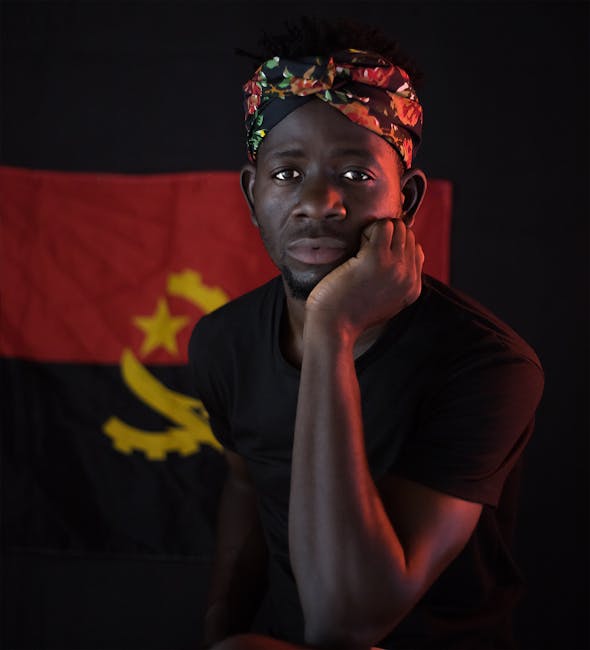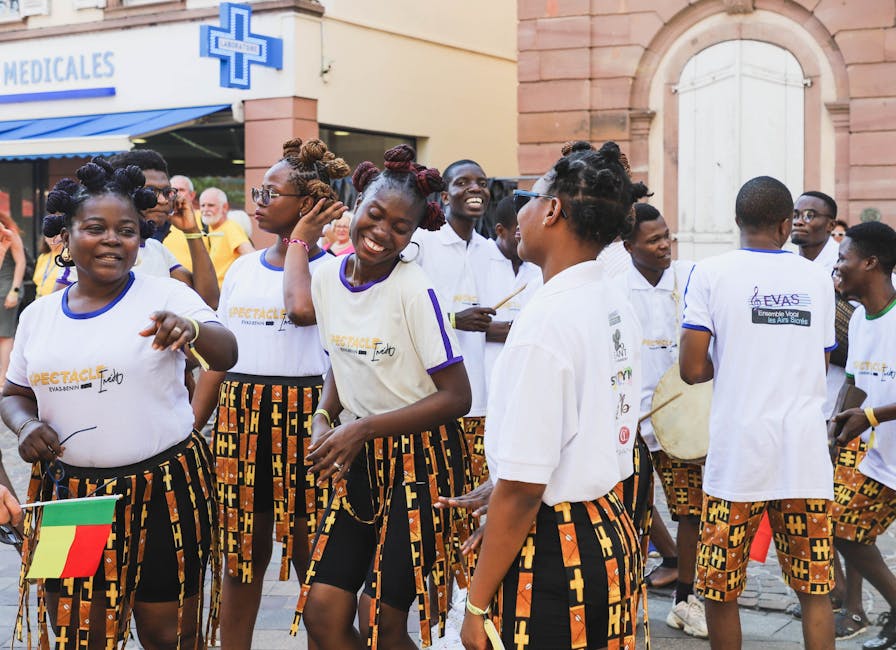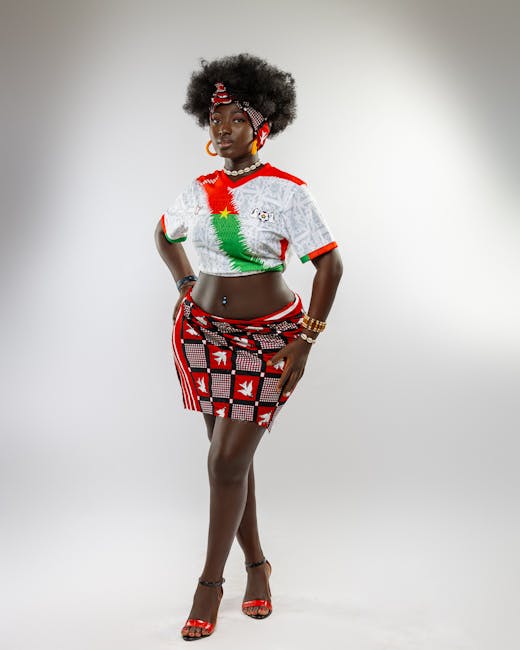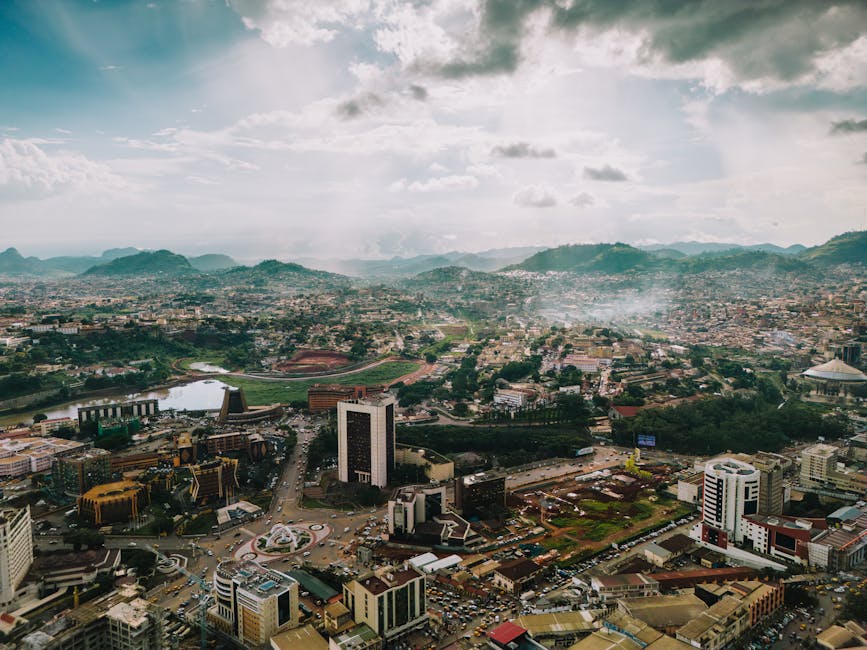Gabon
Overview
Gabon, located on the west coast of Central Africa, is known for its diverse culture, rich history, and stunning natural beauty. The country is home to various ethnic tribes, each with its unique traditions, languages, and customs, providing a vibrant cultural tapestry. Gabon's uniqueness lies in its untouched nature, consisting of dense rainforests, crystal-clear rivers, and abundant wildlife, including gorillas, elephants, and various bird species. It's one of the few places in the world where you can encounter such biodiversity, making it an exciting destination for nature lovers and adventure seekers.
Best Time to Visit
The best time to visit Gabon is during the dry season, which runs from May to September. The weather during these months is more predictable and suitable for outdoor activities. Travellers can explore the country's national parks, including Loango National Park, famous for its surfing hippos, and Lopé National Park, a UNESCO World Heritage Site with ancient rock engravings. Other activities include trekking through the rainforest, wildlife spotting, bird watching, and experiencing local culture in Gabon's vibrant markets and festivals.
Travel Preparation
Before travelling to Gabon, it's important to prepare adequately. Firstly, a visa is required for most foreigners, so it's crucial to check the visa requirements for your specific country. Yellow Fever vaccination is mandatory for all travellers, and it's also recommended to have vaccinations against Hepatitis A and Typhoid. It would be beneficial to learn some basic phrases in French, as it's the official language of Gabon. Lastly, don't forget to pack light, breathable clothing for the humid climate, along with sturdy footwear for exploring the natural terrain. Also, ensure you carry essential items such as insect repellent, sunscreen, and a good-quality camera to capture the captivating beauty of Gabon.
A Glimpse into the Past
Gabon, located on the west coast of Central Africa, is a nation rich in history and cultural diversity. Its history can be traced back to the early inhabitants, including the Bantu-speaking tribes that migrated to the region around 3000 years ago. These early people established a variety of chiefdoms and societies, each with its own customs and traditions, setting the stage for Gabon's vibrant cultural tapestry.
The arrival of European explorers in the late 15th century marked a significant turning point in Gabon's history. The Portuguese were the first Europeans to explore the region, followed by the French in the 17th century. They engaged in trade, primarily in slaves and natural resources, which profoundly impacted the local populations. The French began to establish formal control over Gabon in the mid-19th century, leading to the establishment of Libreville in 1849 as a settlement for freed slaves. This city would later become Gabon's capital and a central hub for political and economic activities.
During the late 19th century, Gabon became part of French Equatorial Africa, a federation of French colonies in the region. This period saw the establishment of colonial rule, which brought significant changes to the local political and economic landscape. The French imposed new administrative structures and sought to exploit the region's abundant natural resources, such as timber and minerals. While some local leaders collaborated with the French, many resisted colonial rule, leading to tensions and uprisings.
The struggle for independence gained momentum after World War II, as nationalist movements emerged across Africa. In Gabon, the political landscape began to shift, with the formation of several political parties advocating for independence. The most notable among them was the Gabonese Democratic and Social Party (PDG), founded by Léon Mba in 1960. Gabon finally gained independence from France on August 16, 1960, marking a new chapter in its history.
In the years following independence, Gabon experienced political instability characterized by coups and power struggles. Léon Mba became Gabon's first president but passed away in 1967. His successor, Omar Bongo, who had been a close ally, consolidated power and became the longest-serving president in Africa, ruling until his death in 2009. Bongo's presidency was marked by significant economic growth fueled by oil revenues, but it also faced accusations of corruption and autocratic governance.
The city of Libreville, the capital, is a vibrant reflection of Gabon’s colonial past and modern aspirations. Visitors can explore the bustling markets, sample local cuisine, and visit historical sites like the St. Michael's Cathedral, which showcases stunning architecture and serves as a focal point for the city’s spiritual life. The National Museum of Arts and Traditions offers insight into Gabon's diverse cultures, with exhibits on traditional crafts and artifacts from various ethnic groups.
Gabon’s natural beauty is one of its greatest attractions. The country is home to some of the most pristine rainforests in the world, teeming with wildlife and biodiversity. The Loango National Park, often referred to as “Africa’s last Eden,” is famous for its unique coastal ecosystem where elephants roam the beaches and surf in the waves. Visitors can embark on guided tours to witness the extraordinary wildlife, including gorillas, monkeys, and numerous bird species.
Another significant national park is Ivindo National Park, which is known for its spectacular waterfalls and rich flora and fauna. The park is home to the famous Kounga Waterfalls and the unique biodiversity of the Ivindo River, making it a perfect spot for eco-tourism. Adventurers can hike through the lush jungles, explore the rivers by canoe, or simply enjoy the tranquility of the natural surroundings.
The culture of Gabon is deeply rooted in its indigenous traditions, with over 40 different ethnic groups enriching its cultural landscape. The most prominent groups include the Fang, Myene, and Nzebi, each with unique customs, languages, and art forms. Traditional music and dance play a vital role in Gabonese society, with celebrations often featuring vibrant performances that showcase the country’s rich heritage.
The Fête de la Liberté, celebrated annually on August 16, commemorates Gabon's independence and is marked by parades, cultural performances, and festivities across the country. This event provides an opportunity for both locals and visitors to experience Gabonese culture firsthand, with the vibrancy of the celebrations reflecting the nation’s pride in its identity.
Gabon’s cuisine is another essential part of its cultural experience. Traditional dishes often include cassava, plantains, and fish, reflecting the country's agricultural practices and coastal geography. Popular local dishes such as nyembwe (chicken cooked with palm oil) and poulet braisé (grilled chicken) offer a taste of the rich flavors of Gabonese cooking. Street food stalls and local markets are perfect places to sample these traditional dishes.
Despite its natural wealth and cultural richness, Gabon faces several challenges. The economy is heavily dependent on oil, making it vulnerable to fluctuations in global oil prices. Efforts to diversify the economy and promote sustainable development are ongoing. Additionally, the political landscape remains complex, with calls for greater democracy and political reforms continuing to resonate among the population.
The legacy of Omar Bongo's long rule still influences the political dynamics in Gabon today. His son, Ali Bongo Ondimba, succeeded him in 2009, continuing the family’s political dynasty. The 2016 presidential elections, marked by allegations of fraud and unrest, highlighted ongoing political tensions.
For travelers, Gabon offers an off-the-beaten-path experience, with its mix of natural wonders, rich culture, and historical significance. The country is often referred to as the "last Eden" due to its extensive national parks and commitment to conservation. Gabon is not just a destination for wildlife enthusiasts but also for those seeking to understand the complexities of a nation that has navigated colonialism, independence, and modernity.
With its stunning landscapes, vibrant cities, and deep cultural roots, Gabon stands as a unique and captivating destination in Central Africa, waiting to be explored by those who venture into its lush rainforests and dynamic urban centers.
Top cities for tourists in Gabon
Discover the Famous Cities That Might Captivate Your Interests
Must-Try Foods You Can't Afford to Miss
Indulge in a Variety of Fantastic Foods During Your Stay in Gabon
May Be Your Next Destinations
People often choose these countries as their next destination


